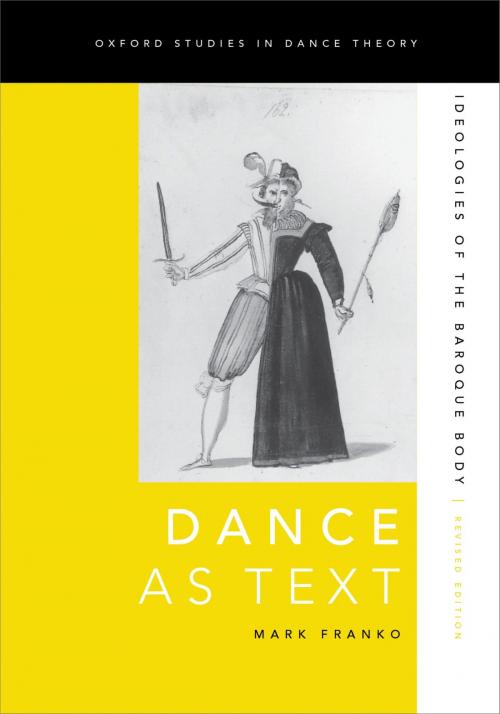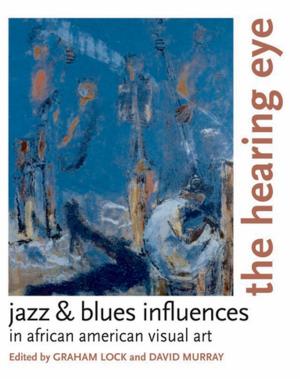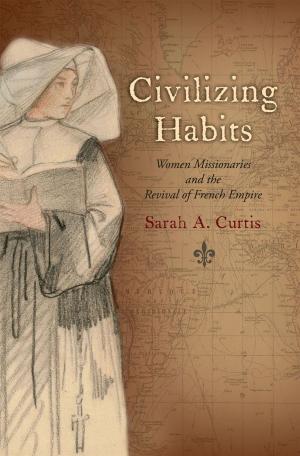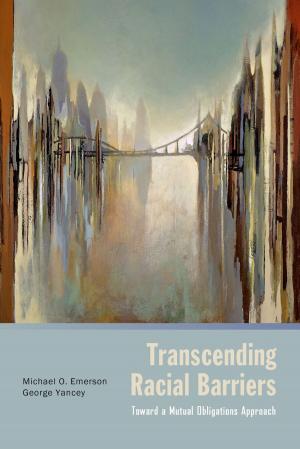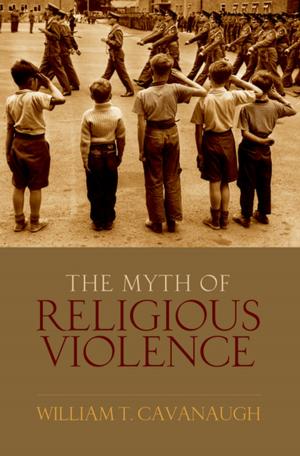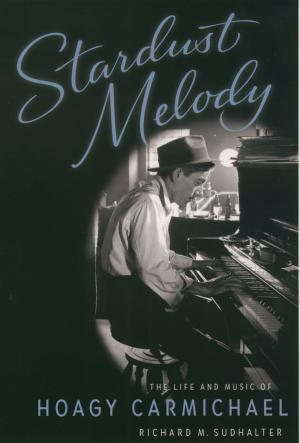Dance as Text
Ideologies of the Baroque Body
Nonfiction, Entertainment, Music, Theory & Criticism, History & Criticism, Reference, Performing Arts| Author: | Mark Franko | ISBN: | 9780190466053 |
| Publisher: | Oxford University Press | Publication: | July 28, 2015 |
| Imprint: | Oxford University Press | Language: | English |
| Author: | Mark Franko |
| ISBN: | 9780190466053 |
| Publisher: | Oxford University Press |
| Publication: | July 28, 2015 |
| Imprint: | Oxford University Press |
| Language: | English |
Dance as Text: Ideologies of the Baroque Body is a historical and theoretical examination of French court ballet over a hundred-year period, beginning in 1573, that spans the late Renaissance and early baroque. Utilizing aesthetic and ideological criteria, author Mark Franko analyzes court ballet librettos, contemporary performance theory, and related commentary on dance and movement in the literature of this period. Examining the formal choreographic apparatus that characterizes late Valois and early Bourbon ballet spectacle, Franko postulates that the evolving aesthetic ultimately reflected the political situation of the noble class, which devised and performed court ballets. He shows how the body emerged from verbal theater as a self-sufficient text whose autonomy had varied ideological connotations, most important among which was the expression of noble resistance to the increasingly absolutist monarchy. Franko's analysis blends archival research with critical and cultural theory in order to resituate the burlesque tradition in its politically volatile context. Dance as Text thus provides a picture of the complex theoretical underpinnings of composite spectacle, the ideological tensions underlying experiments with autonomous dance, and finally, the subversiveness of Molière's use of court ballet traditions.
Dance as Text: Ideologies of the Baroque Body is a historical and theoretical examination of French court ballet over a hundred-year period, beginning in 1573, that spans the late Renaissance and early baroque. Utilizing aesthetic and ideological criteria, author Mark Franko analyzes court ballet librettos, contemporary performance theory, and related commentary on dance and movement in the literature of this period. Examining the formal choreographic apparatus that characterizes late Valois and early Bourbon ballet spectacle, Franko postulates that the evolving aesthetic ultimately reflected the political situation of the noble class, which devised and performed court ballets. He shows how the body emerged from verbal theater as a self-sufficient text whose autonomy had varied ideological connotations, most important among which was the expression of noble resistance to the increasingly absolutist monarchy. Franko's analysis blends archival research with critical and cultural theory in order to resituate the burlesque tradition in its politically volatile context. Dance as Text thus provides a picture of the complex theoretical underpinnings of composite spectacle, the ideological tensions underlying experiments with autonomous dance, and finally, the subversiveness of Molière's use of court ballet traditions.
